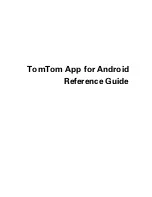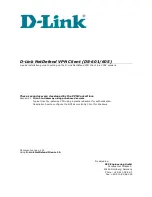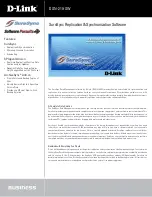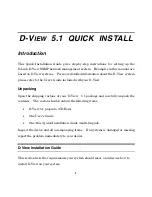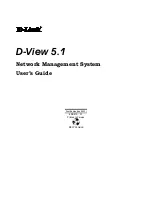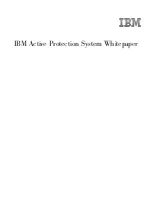
The OneCommand Utility User Manual
Page 190
ID - Target WWPN if BindType = P, Target WWNN if BindType = N, Target D_ID if BindType = D.
SCSIBus - Bus number of SCSI device.
SCSITarget - Target number of SCSI device.
SetBindingSupport
Supported by: Windows and Solaris SFS
Syntax: hbacmd SetBindingSupport <WWPN> <BindFlag>
Description: Enables and sets the binding support(s) for the adapter.
Parameters:
WWPN - World Wide Port Name of the adapter whose binding support you want to set and enable.
BindFlag - *D = Binding by D_ID, P = Binding by WWPN, *N = Binding by WWNN, *A = Binding by
Automap, DA = Binding by D_ID and Automap, PA = Binding by WWPN and Automap, NA = Binding by
WWNN and Automap.
* Not available for the Storport Miniport driver.
TCP/IP Management Host File Commands
See “Miscellaneous Commands” on page 184.
VPort Commands
<…> = Required, […] = Optional
CreateVPort
Supported by: Windows, Solaris SFS and Linux
Syntax: hbacmd CreateVPort <physical WWPN> auto [vname]
Or
hbacmd CreateVPort <physical WWPN> <virtual WWPN> <virtual WWNN> [vname]
Description: Creates a virtual port with an automatically generated WWPN or a specified virtual WWPN
on the specified physical port. If you specify “auto”, the virtual WWPN is generated automatically.
Otherwise, you must specify the virtual WWPN for this parameter. If creation is successful, the WWPN is
displayed as part of the output from the command. The optional [vname] parameter can be specified for
the virtual port's name.
Parameters:
Physical WWPN - World Wide Port Name of the object adapter.
Virtual WWPN – The virtual World Wide Port Name.
Auto - The virtual WWPN is automatically generated for the virtual port.
Vname - The virtual port’s name (optional).
Or
Physical WWPN - World Wide Port Name of the object adapter.
Virtual WWPN – The virtual World Wide Port Name to create.
Vname - The virtual port’s name (optional).
Note: Supported for FC and FCoE adapters only.




































